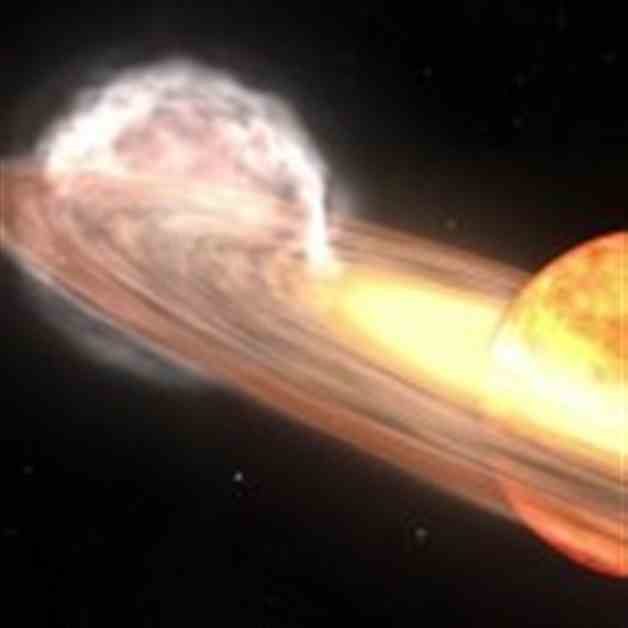NASA and astronomers worldwide are eagerly awaiting a rare nova explosion set to occur in a small constellation in the night sky this summer. The event will be visible to the naked eye on Earth and is expected to captivate stargazers of all ages.
The nova event will take place in the T Coronae Borealis system, also known as the “Blaze Star,” located 3,000 light-years from Earth. This binary system consists of a white dwarf and an ancient red giant, with the white dwarf accumulating hydrogen from the red giant until a thermonuclear explosion occurs, creating a bright flash visible from our planet.
Unlike a supernova, which destroys dying stars, a nova event leaves the dwarf star intact, repeating the cycle over tens of thousands of years. The last recorded sighting of the T CrB nova was in 1946, and astronomers predict a similar event may occur by September 2024.
Stargazers are encouraged to look for the Northern Crown constellation west of Hercules, where the nova will be visible for about a week. Amateur astronomers and citizen scientists play a crucial role in observing and reporting nova events, and NASA’s Fermi Gamma-ray Space Telescope will be among the instruments monitoring the upcoming eruption.
This rare opportunity to study a nova event up close will provide valuable insights into the structure and dynamics of recurring stellar explosions. With advanced tools like gamma-ray imagers and X-ray astronomy capabilities, researchers are eager to unlock the mysteries of binary systems and the powerful processes that drive them.
While the behavior of recurrent novae like T CrB can be unpredictable, scientists remain hopeful that the anticipated nova outburst will occur as expected. The global astronomy community is poised to witness this cosmic spectacle and contribute to our understanding of these fascinating celestial events.
For more information on NASA astrophysics, visit https://science.nasa.gov/astrophysics.


